Elder Abuse Awareness for the Healthcare Workforce
AIHC
JUNE 3, 2024
Elder Abuse is a Serious Problem According to the Centers for Disease Control (CDC) and other government agencies (DOJ, FBI), elder abuse is a serious problem in the United States. From 2002 to 2016, more than 643,000 older adults were treated in the emergency department for nonfatal assaults and over 19,000 homicides occurred.

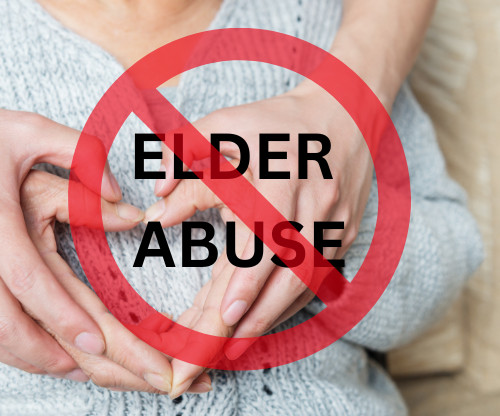
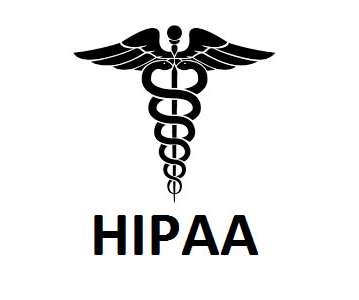

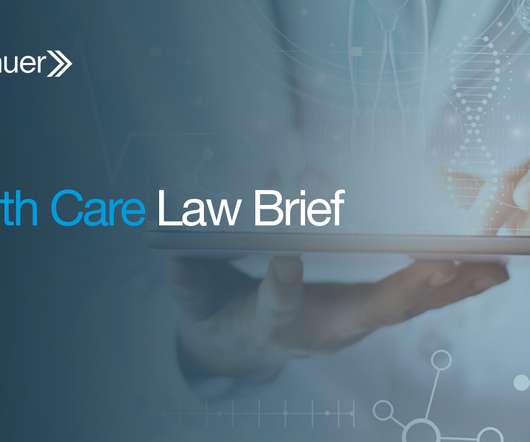
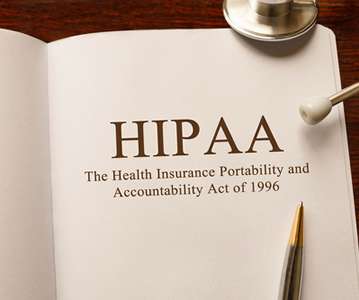
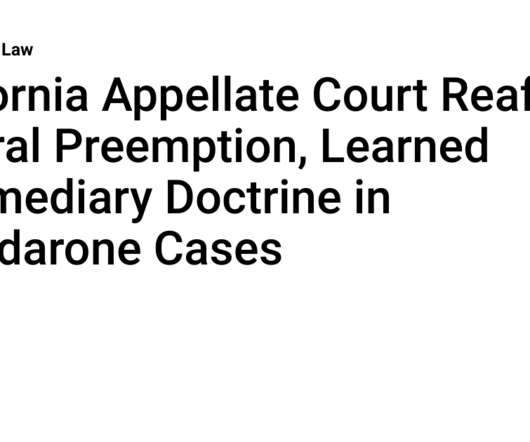
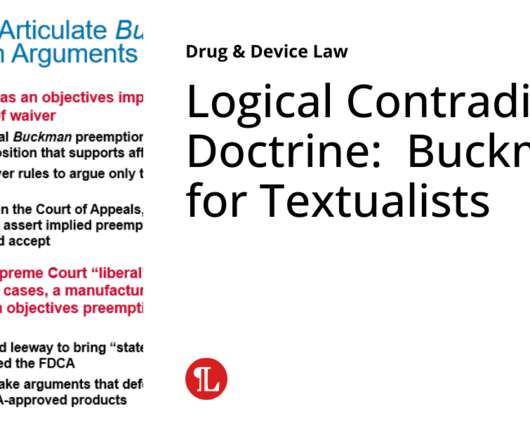






Let's personalize your content